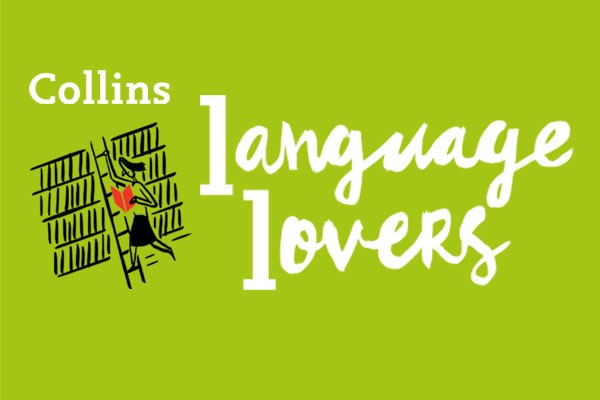The climate emergency continues to be an urgent challenge for the planet, with a whole wave of new words entering the dictionary to describe its impact and influence, from single-use and plogging to climate strike.
Last week, Greta Thunberg made headlines with an interesting yet familiar phrase: blah-blah-blah. Defined as meaningless chatter or idle gossip, ‘blah-blah-blah’ is often used in a dismissive manner. In Thunberg’s case, her speech at the Youth4Climate summit in Milan criticised politicians for their insincere approach to handling the climate crisis.
We’ve compiled a list of 6 unusual words to use when you’re lost for words, whether you’re completely baffled by someone’s gobbledygook or you’re sick of the hogwash.
Balderdash
‘The results of the survey were balderdash’
You’d be forgiven for thinking The Flintstones coined this term. In modern usage, to say something is balderdash means you think it is completely untrue or stupid. However, it appeared as early as the 16th century and was often used to describe an incongruous mix of liquor, such as milk and beer.
Gobbledygook
‘This DIY manual is gobbledygook’
‘Gobbledygook’ was famously first used in the current sense by US politician Maury Maverick in a 1944 memo in which he banned the use of ‘gobbledygook’ language, in a bid to avoid overly complex lingo in government. Inspired by the sound of turkeys gobbling, you might use this word to criticise something for being nonsensical or overly complicated.
Claptrap
‘It sounded like claptrap to me’
‘Claptrap’ is used to describe speech or writing that is stupid or foolish, although it might sound important. It originates from the 18th-century practices of actors or poets, where they would say something insincere for the primary purpose of generating applause from the audience, rather than adding value to the overall performance.
Gibberish
‘I couldn’t understand him, it was all gibberish’
Often used to describe rapid or unintelligible chatter, ‘gibberish’ refers to words or ideas that make no sense. While some liken it to the sound monkeys make when they communicate with each other, this word originates as far back as the 16th century, likely as a term imitating the sound of chatter.
Hogwash
‘The speech was utter hogwash’
A particularly visual word, ‘hogwash’ is a delightful way of dismissing nonsense. It can be traced back to the mid-15th century, when it described the leftover slops that were fed to the pigs. It evolved to mean ‘cheap liquor’ in the 18th century, and eventually became an insult criticising somebody’s writing or speech for being useless or insincere.
Abracadabra
‘She was talking abracadabra’
Surprised? Most often associated with magicians and sleight of hand, this word is believed to possess a certain kind of magic. Interestingly, it also has a secondary sense of foolish speech. It’s not entirely clear how it came to be used in this manner but given that it’s a nonsense incantation associated with magic tricks, it stands to reason that it can be used to describe meaningless talk.
Interested in new words or want to submit your own? Check out the latest words submitted to the Collins English Dictionary.
By Rachel Quin
Rachel Quin is a freelance marketer and copywriter with a love of language, books and cats.
All opinions expressed on this blog are those of the individual writers, and do not necessarily reflect the opinions or policies of Collins, or its parent company, HarperCollins.



